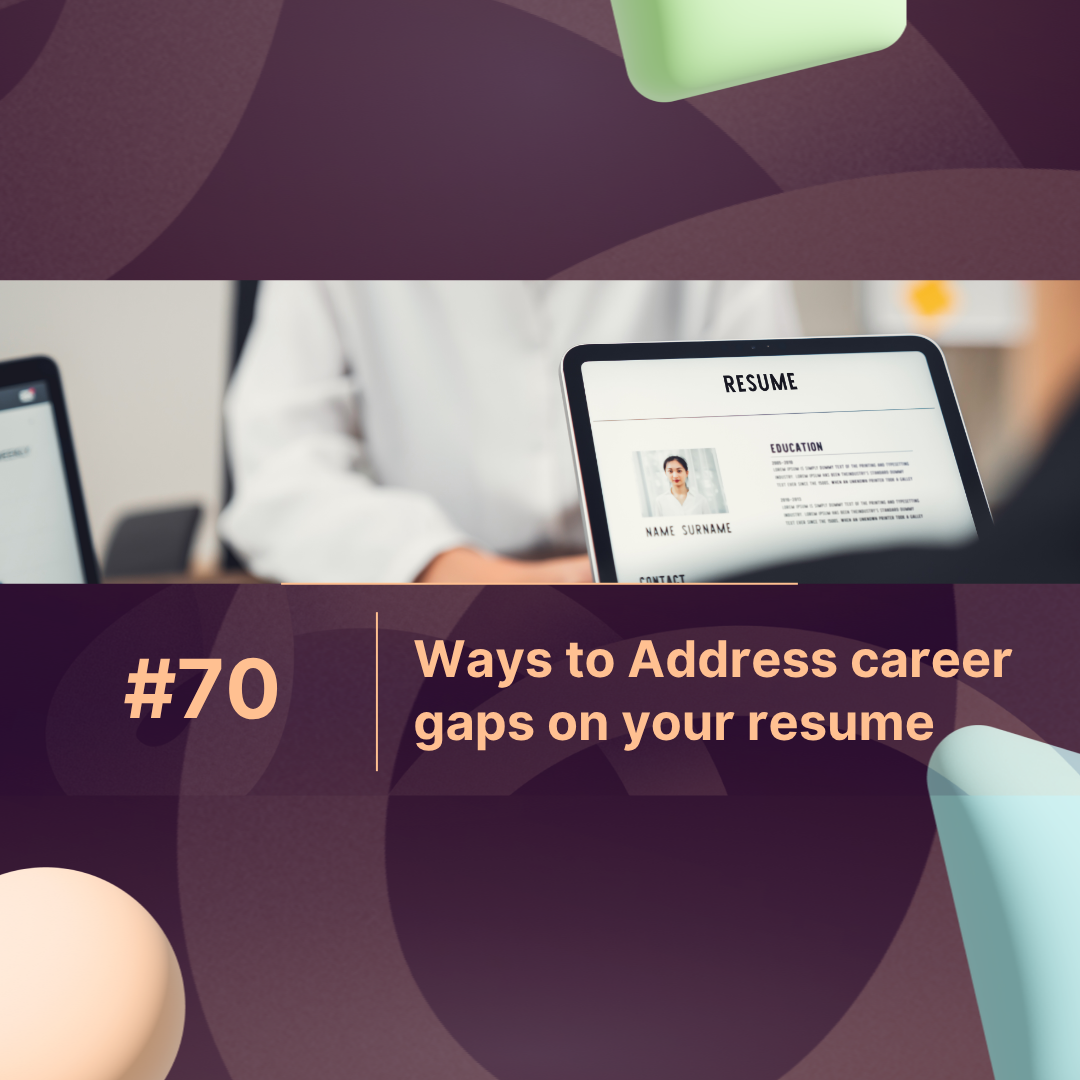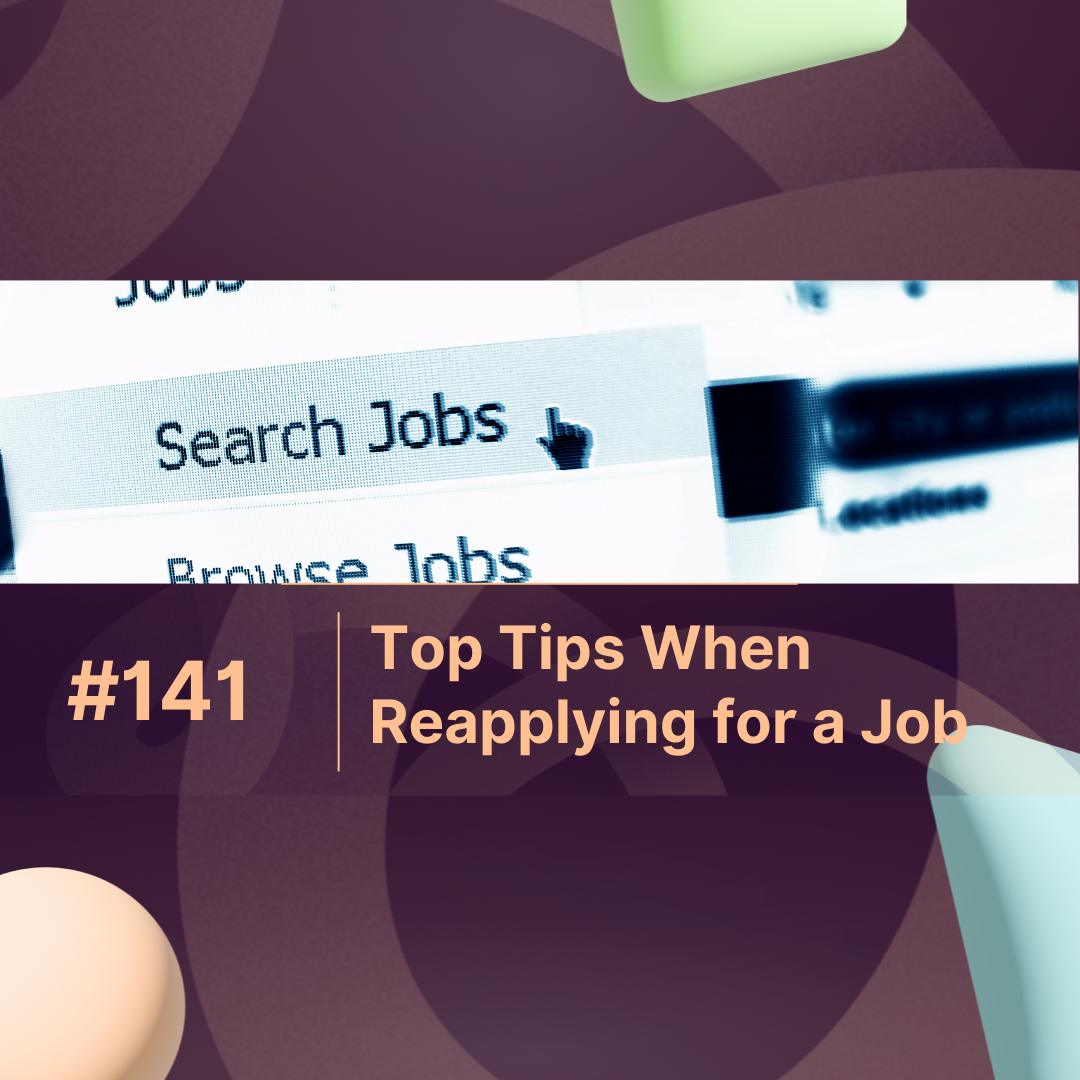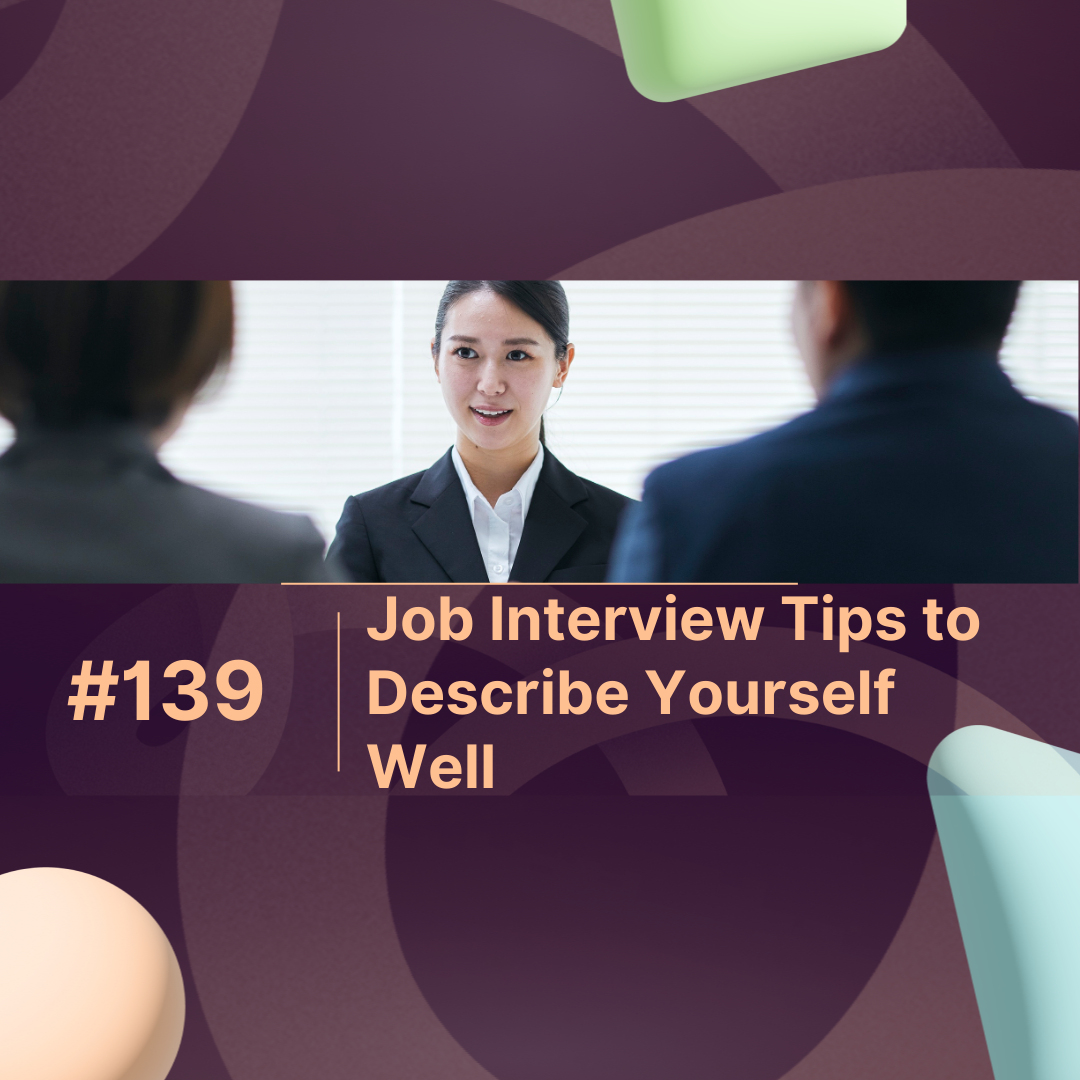Direct Answer :
To address career gaps on your resume, be honest, frame them positively, and highlight transferable skills gained during the gap. Use functional or hybrid formats, add relevant volunteer work or certifications, and keep the focus on your achievements and readiness for the role.
Overview
Career breaks are more common than you think—whether for personal reasons, further education, or unexpected circumstances. The challenge isn’t having a gap; it’s how you present it. Employers value transparency, growth, and adaptability. This guide will show you practical, human ways to address career gaps on your resume without losing credibility, and even turning them into strengths.
1. Be Honest, But Strategic
Recruiters can spot vague timelines a mile away. Rather than hiding a career gap, acknowledge it briefly. A simple explanation like “Took time off for family care and upskilled via online courses” shows both authenticity and initiative.
2. Choose the Right Resume Format
If your employment history isn’t continuous, a functional or hybrid resume can highlight skills over timelines.
-
Functional format – Groups your abilities under key skill categories.
-
Hybrid format – Combines skills summary with a concise job history.
3. Highlight Skills Gained During the Gap
Career gaps often bring valuable experiences: project management from organizing community events, problem-solving from freelancing, or leadership from volunteer roles. These transferable skills matter to employers.
4. Fill Gaps with Relevant Activities
If you did anything remotely relevant during your break, list it. Examples:
-
Certifications (e.g., Google Project Management Certificate)
-
Volunteer roles in professional associations
-
Short-term contracts or freelance work
5. Use Dates Wisely
Instead of month/year for older roles, consider listing only years. This reduces the visual emphasis on the gap without misleading.
6. Quantify Achievements
Numbers add credibility and help distract from time off. For example:
“Increased fundraising revenue by 35% through community outreach during volunteer tenure.”
7. Prepare a Brief Interview Explanation
Your resume gets you in the door, but the interview closes the deal. Have a 2–3 sentence answer ready that:
-
States the reason for the gap.
-
Highlights how you stayed engaged professionally.
-
Connects back to your value for the role.
8. Leverage Professional Platforms
Maintaining an up-to-date LinkedIn profile ensures recruiters see a complete professional picture. Platforms like MaxProfile can further optimize your online resume, showcasing your skills and achievements in a visually engaging, recruiter-friendly way.
9. Keep It Positive
Avoid apologizing for your gap. Frame it as a period of learning, contribution, or personal growth. Employers want problem solvers with resilience—not perfection.
Table: Common Career Gap Reasons & Best Resume Phrases
| Reason for Gap | Positive Resume Phrase |
|---|---|
| Family Care | “Focused on family care while completing relevant online training” |
| Health Recovery | “Took time to fully recover and completed professional development” |
| Education | “Pursued advanced studies to expand industry knowledge” |
| Relocation | “Relocated internationally and gained cross-cultural skills” |
| Entrepreneurship | “Launched and managed a small business, developing leadership” |
Conclusion
A career gap doesn’t define you—it’s part of your professional story. The key is in how you address career gaps on your resume, honesty, positive framing, and a focus on the value you bring now. With the right format, skill emphasis, and tools like MaxProfile, you can present a compelling narrative that resonates with recruiters. address career gaps on your resume
FAQs
1. Should I mention short career gaps on my resume?
If it’s less than six months, you can often leave it out, especially if your resume lists only years.
2. How do I explain a career gap due to travel?
Highlight transferable skills such as adaptability, cross-cultural communication, and problem-solving.
3. Will a career gap hurt my chances in 2025’s job market?
Not necessarily. Many employers are more understanding post-pandemic, focusing on skills and results.
4. Should I include unpaid volunteer work?
Yes—if it’s relevant to the role, it can showcase valuable competencies.
5. Can AI-driven resume tools help with career gaps?
Absolutely. Platforms like MaxProfile can reframe your professional journey, optimizing for recruiter searches and AI-based screenings.



